“I’m most proud of how this program is truly impacting the diversity of academia by including individuals from backgrounds historically underrepresented in STEM and the biomedical research workforce,” says JoAnn Trejo, Ph.D., professor at University of California San Diego (UCSD) and director of San Diego’s Institutional Research and Academic Career Development Award (IRACDA). The program, now in its 20th year of NIGMS funding, aims to train a diverse group of postdoctoral fellows (postdocs) for both the teaching and independent research aspects of a career as a professor in the biomedical sciences.
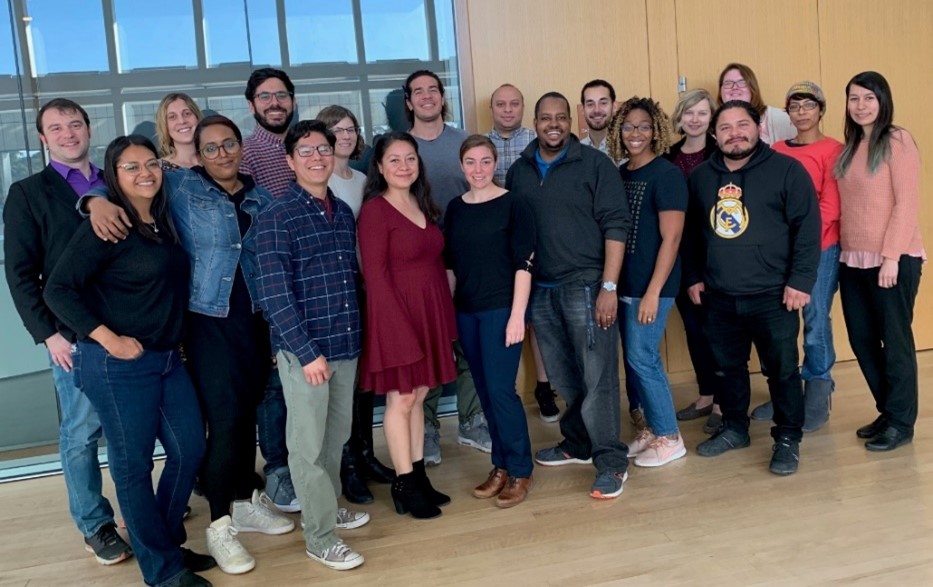
The San Diego IRACDA focuses on preparing its fellows for tenure-track positions at different types of institutions, including research-intensive universities. Fellows typically go through a 3-year program where they work in a research lab at UCSD, teach at one of the two “partner” schools (both of which are minority-serving institutions), and take career development courses in skillsets like effectively mentoring, running a cutting-edge research lab, and innovatively redesigning undergraduate science courses. Fellows also mentor students at the partner schools, helping them prepare graduate school applications, putting them through mock interviews, educating them in research, and teaching them how to read and understand scientific literature.
Continue reading “San Diego Postdoctoral Scholars Program Enhances Diversity in Biomedical Research”

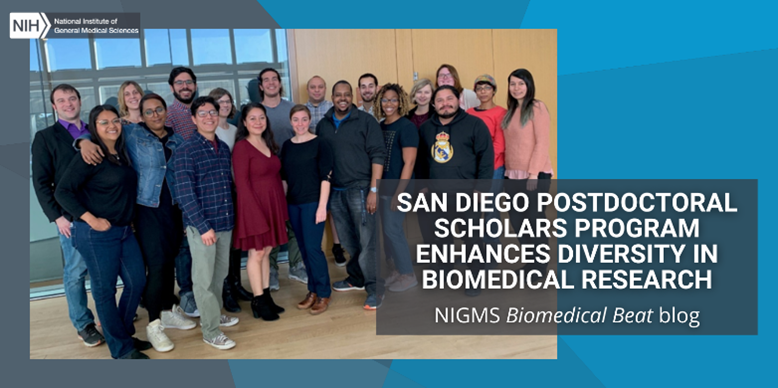
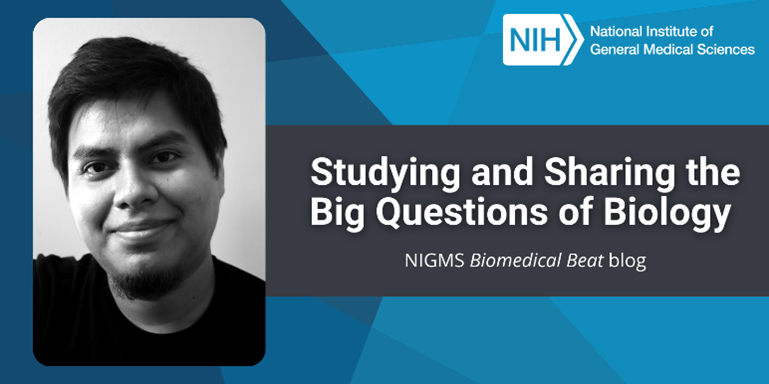
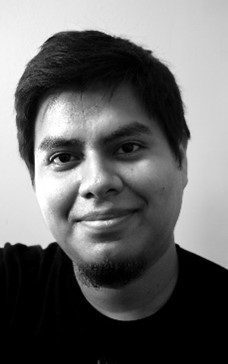
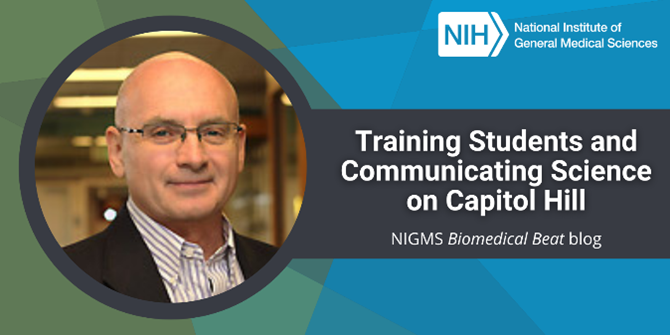
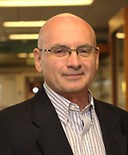
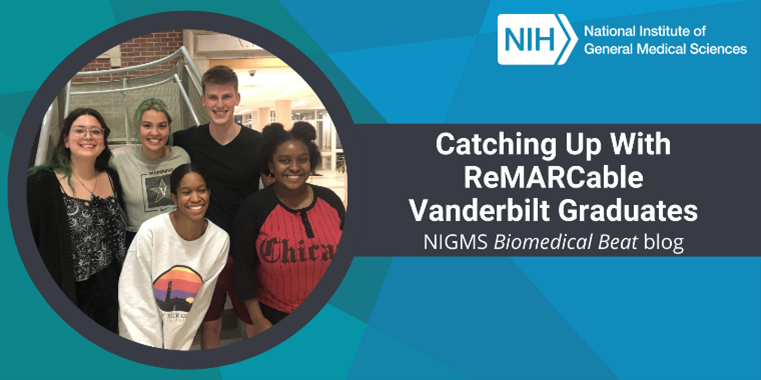
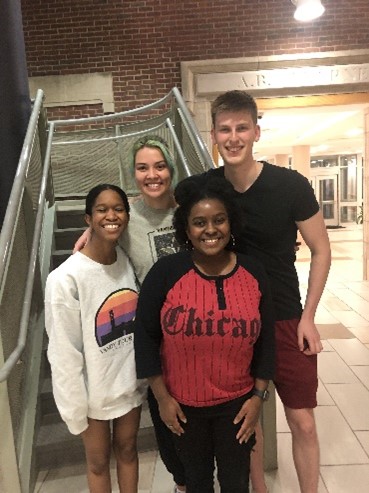
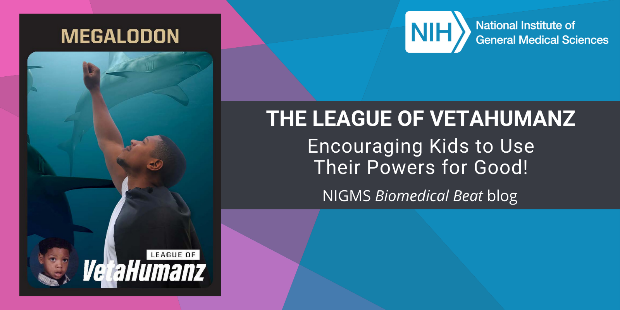
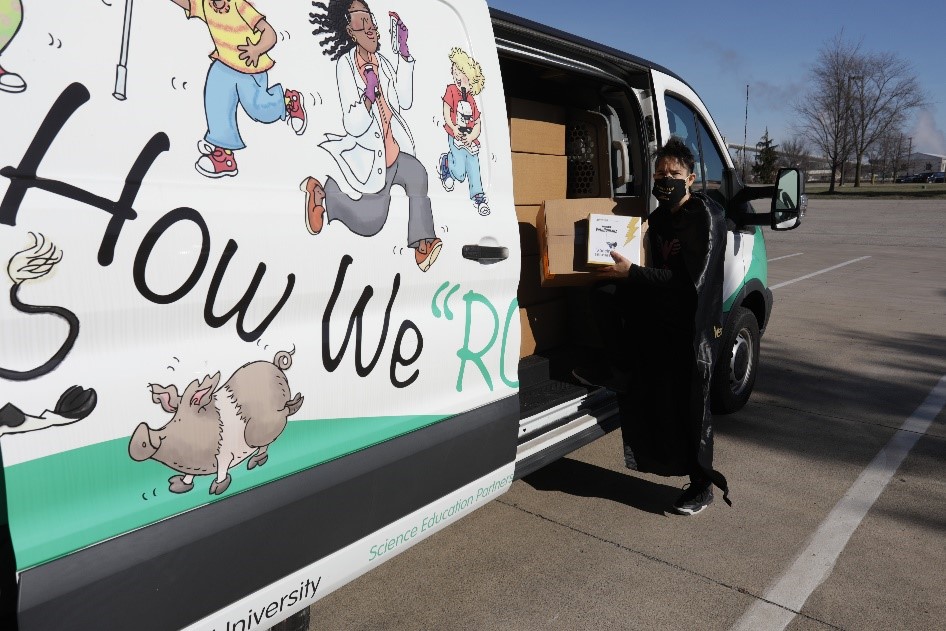
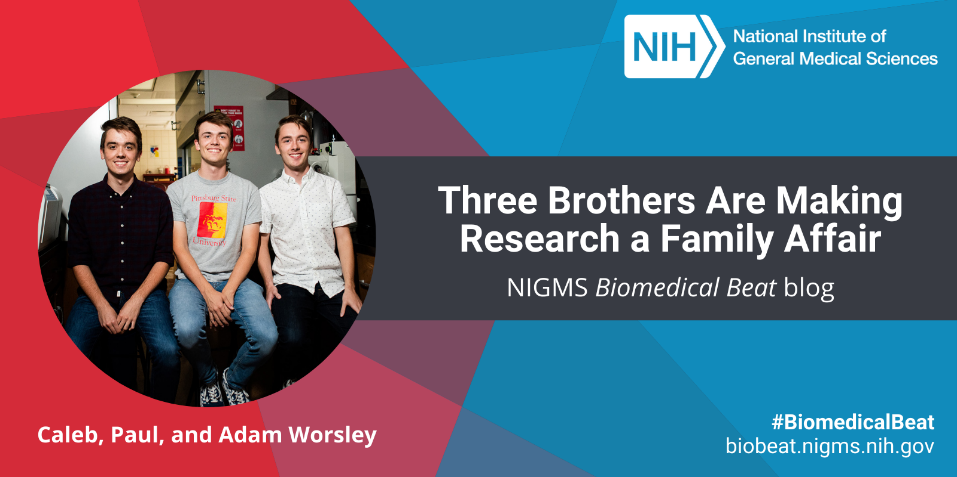
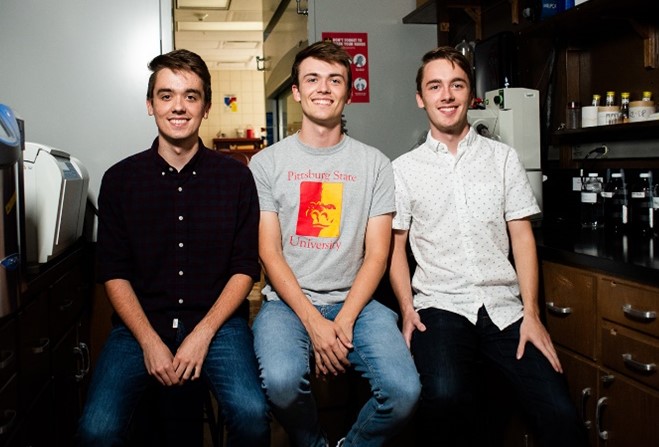
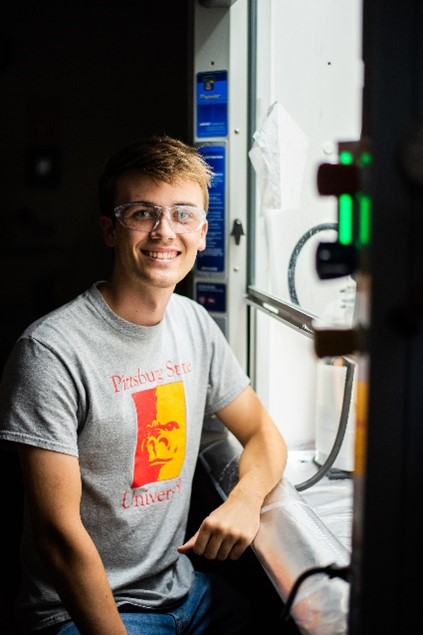
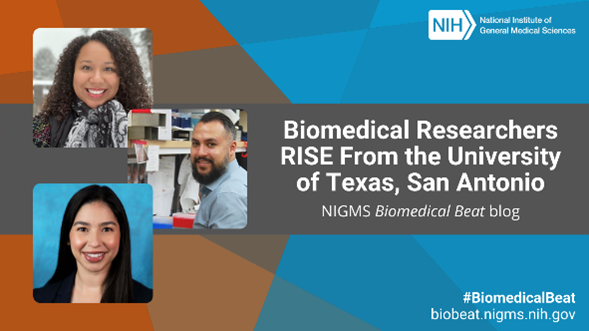
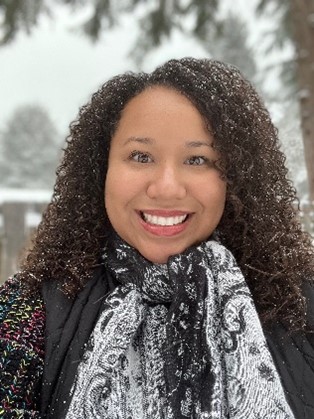
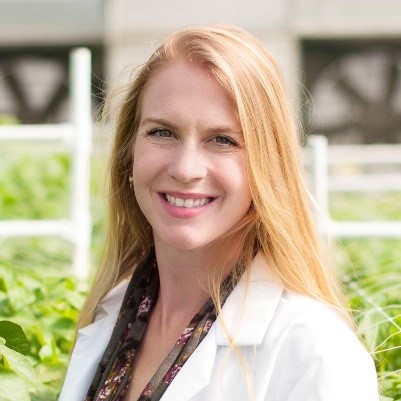
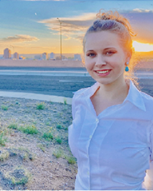
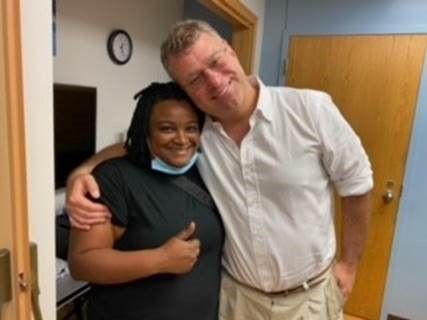 Dr. Darden with her mentor, Dr. Philip Efron. Credit: Courtesy of Lyle Moldawer, Ph.D.
Dr. Darden with her mentor, Dr. Philip Efron. Credit: Courtesy of Lyle Moldawer, Ph.D.